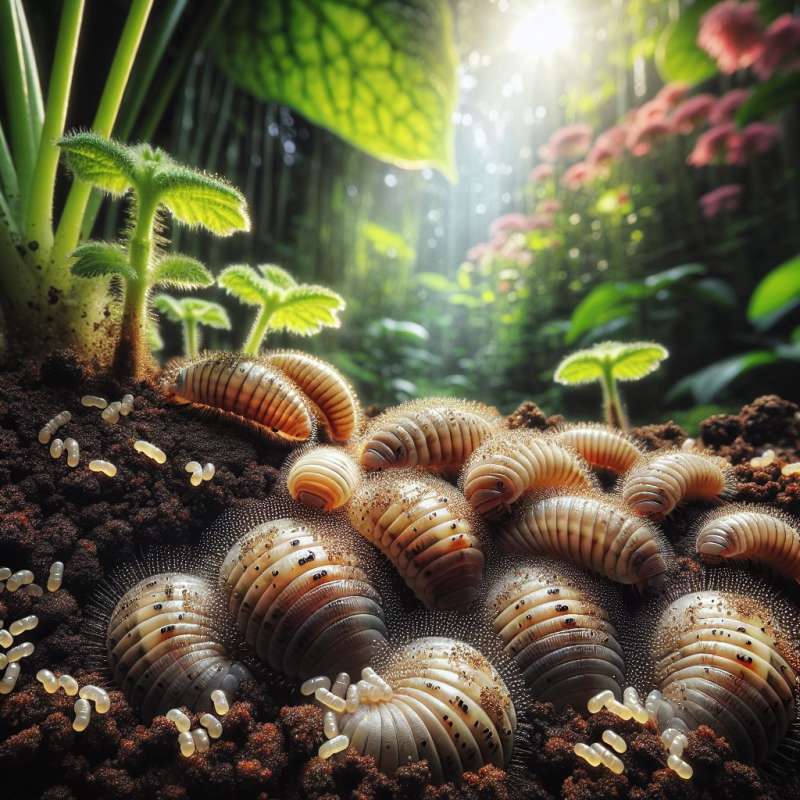
Roly Polies Unveiled
Roly polies, also known as woodlice, play a crucial role in ecosystems. They decompose dead plant material, contributing to soil fertility and nutrient cycling.
Soil Aeration Experts
By burrowing, roly polies aerate the soil, improving water infiltration and root growth. This unseen labor is vital for healthy plant ecosystems.
Detoxifiers of Soil
Roly polies consume heavy metals from the soil, storing them in their bodies and reducing soil toxicity. This helps safeguard plant and animal health.
Unique Land Crustaceans
Unlike other crustaceans, roly polies have adapted to live entirely on land. Their ability to regulate water loss is key to their terrestrial lifestyle.
Indicator Species
Sensitive to pollution and habitat changes, roly polies can indicate soil health. A decline in their population often signals environmental issues.
Biological Pest Control
Roly polies help control harmful nematode populations by feeding on their eggs, thus naturally managing pest levels in gardens and fields.
Cultural and Scientific Impact
Roly polies have influenced cultural folklore and scientific research. They aid in teaching concepts of biology, ecology, and environmental science.Ancient Survivors
Roly polies have existed for over 300 million years, predating even the dinosaurs. Their resilience and adaptation are truly remarkable.
What role do roly polies play?
Pollinate flowers
Decompose plant material
Predators of small insects
Company